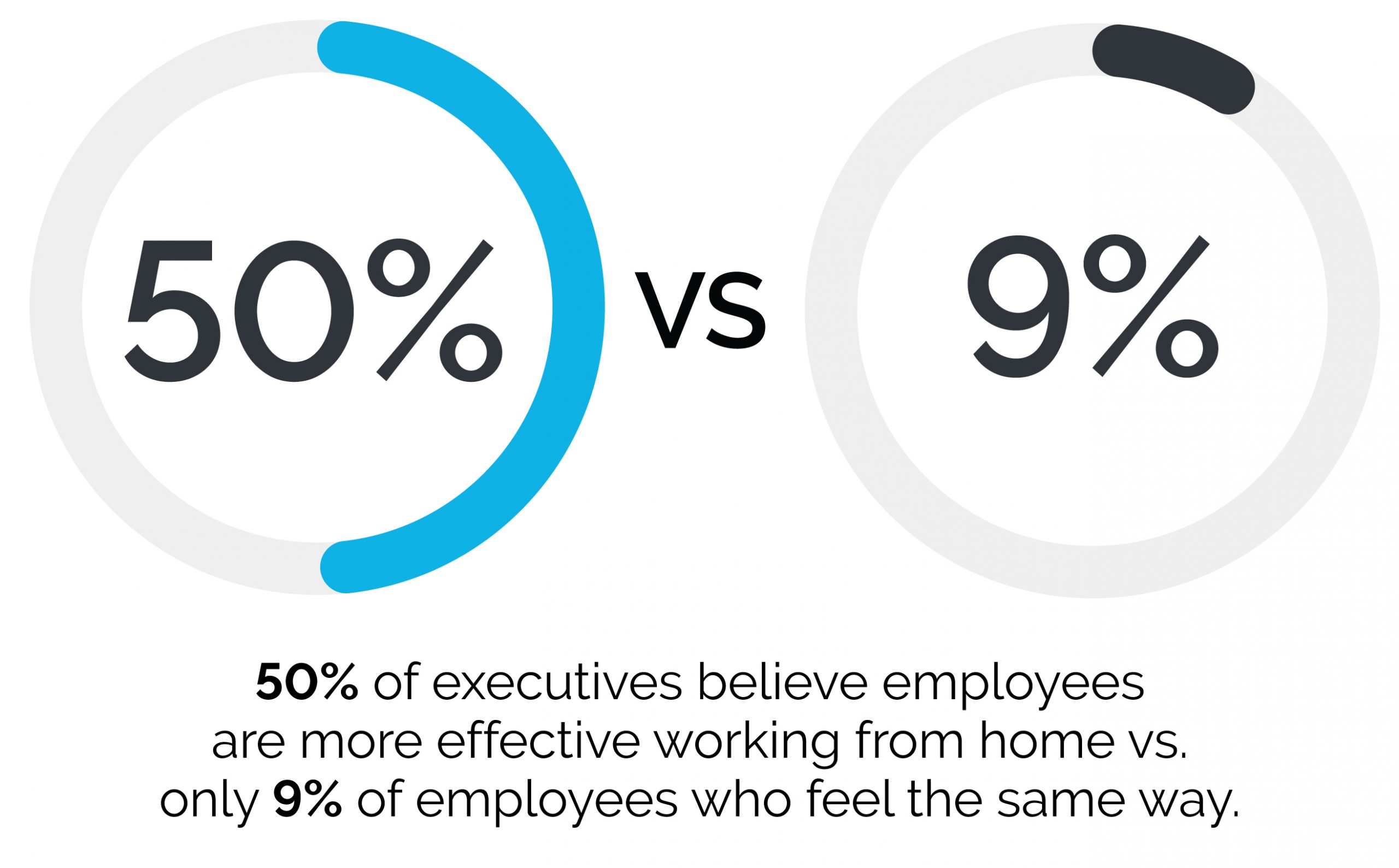Employees have a lot on their minds these days. Coronavirus, work-from-home challenges, general productivity pitfalls, family concerns, and social justice issues, just for a start. Is your company talking with workers about these topics? Engaging employees regularly to inform decisions is more important right now than ever before. Voice of the Employee (VoE) bridges the gap and any misalignment between management and employees to create a healthy company culture that listens, understands, and acts to support its employees.
As workplace challenges change on practically a daily basis and businesses continue to evolve, employee needs will evolve as well. Companies should implement VoE now so they can attract, retain, and engage the best people.
According to the Society of Human Resource Management, 89 percent of HR leaders believe that ongoing peer feedback and check-ins have a positive impact on the organization. But twice-yearly surveys aren’t going to cut it anymore. Employee engagement must be consistent. It’s not just about listening to employees, who are under exceptional stress and mental fatigue, but also offering ways to help.
Employee Productivity
Vision Critical recently conducted a survey of its clients’ executives and employees and uncovered some important findings regarding productivity:
- 50% of executives believe employees are more effective working from home vs. only 9% of employees who feel the same way.
- Only 17% of executives believe their expectations for productivity from their teams are higher right now vs. 43% of employees feel that the expectations on them for productivity have been higher while they work from home.
These results highlight the importance of VoE to uncover gaps between employee and management expectations and beliefs that can affect company policy, practice, and morale. As company leaders better understand the work situations their employees face, they are more able to practice empathy and tailor the work environment to foster employee productivity, growth, and success.
VoE and Remote Work
Companies should be regularly soliciting employee feedback, as a large percentage are now working from home concerns and managers don’t have the normal face-to-face modes of checking in and gauging employee status.
Researchers predict that with as many as half of American workers now working remotely due to COVID-19, telecommuting “will likely continue long after the pandemic.” Telecommuting seems to be the future for many tech companies, as major firms recently announced that they will be shifting big chunks of their workforce to remote work for an extended period of time or permanently.
Even large firms in more traditional industries such as food and beverage, banking, and insurance are offering permanent WFH or hybrid arrangements and may close some global offices.
How VoE Can Help
It can be a struggle to collect employee feedback on productivity, the impact of remote work, how workers feel about social issues, benefits, training, and development initiatives. Employers need an ongoing pulse on employee feedback to quickly make improvements. Collecting actionable employee insights helps organizations dive deeper into problems and proactively identify trends in thoughts and opinions to transform the employee experience.
With a robust VoE program, organizations can:
- Improve the employee experience: reduce attrition and absenteeism and increase engagement.
- Validate ideas and products: test important decisions by collecting feedback quickly and confidentially.
- Improve training and onboarding: ensure support to optimize training and onboarding processes.
- Uncover consumer sentiment: learn from customer-facing employees what consumers want and determine how to address those needs.
Employers build trust as employees see that their feedback is wanted, and their needs and concerns addressed. That positive momentum then spills over as satisfied and supported employees are better able to provide superior customer experiences, which lead to an improved bottom line. Listening, measuring and acting on the voice of the employee creates an environment where both employers and workers can thrive – building a truly employee-centric culture.







